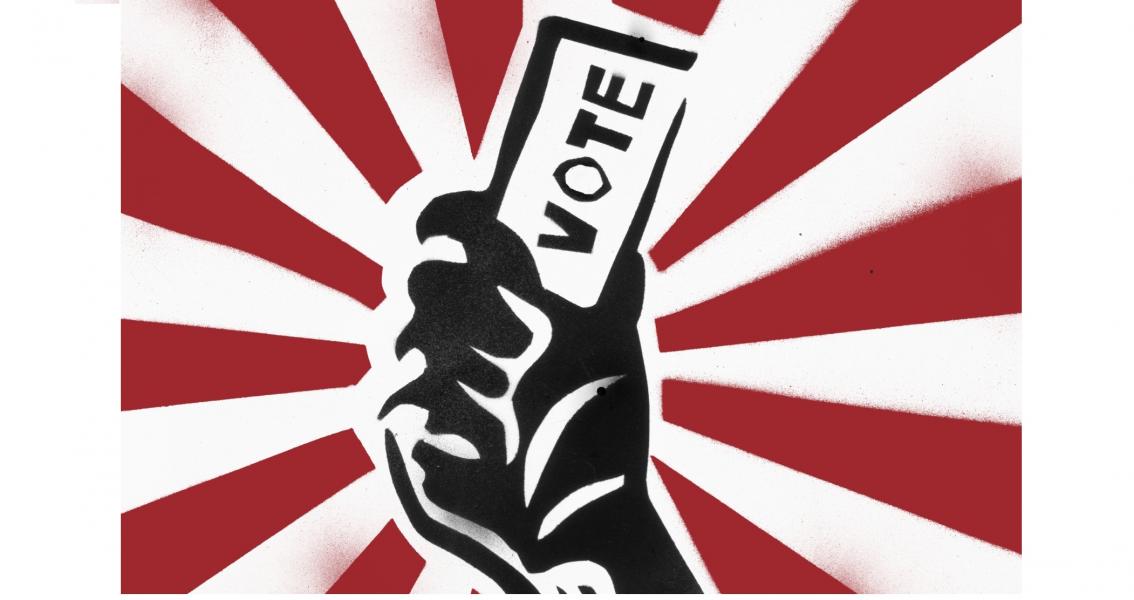Our democracy is strongest when everyone is engaged and has an opportunity to make their voice heard. It’s a common misconception to believe that instances of voter suppression and violations of Federal Voting Right Act are limited to red states. Unfortunately, even in a blue state like Washington, voters of color are being systematically excluded from equal representation on school boards, city councils, and local commissions.
Racial underrepresentation in our local elections is a direct consequence of racially polarized voting and outdated electoral rules. Until recently, the City of Yakima was the poster child for this broken system. According to research conducted by OneAmerica, a Fuse partner and Washington’s largest immigrant rights organization:
“the combined Latino population for ten counties in Central and Eastern Washington exceeds 33% of the total population; yet Latinos hold only 4% of elected offices (78 out of 1,891...) In those counties, 92% of the election systems are at-large and only 1% are single-member districts.”
Population growth and rapidly changing demographics have compounded the problem of racially polarized voting in Washington. Moving to district-based elections is a good way to improve representation by allowing local neighborhoods and communities to pick their own leaders. Unfortunately, our state’s outdated electoral rules make it illegal for cities and counties to shift from citywide to district elections. Without a resident filing a costly Federal Voting Rights Act lawsuit, many towns and cities are forced to continue down an unjust path with no easy solution. As a result, slim majorities of voters can often overrule a large minority in their local elections - resulting in the majority winning nearly 100 percent of the contested seats and leaving many communities unrepresented in local office.
The lack of options to fix this situation has led to several successful lawsuits under the federal Voting Rights Act. In Spring 2015, the ACLU of Washington filed a lawsuit against the City of Yakima stating the citywide, also known as at-large, electoral system violated the Federal Voting Rights Act by allowing the 60 percent of white voters to overpower the votes of the 40 percent of Latino voters. Two years and almost $1 million dollars later, the courts sided with the ACLU. The judge determined that the at-large voting system did in fact block Latino voters from obtaining representation on the city council - forcing the City of Yakima to fix its election system.
A Solution in the Washington Voting Rights Act
The Washington Voting Rights Act (WVRA) is the first push by legislators to strengthen the institutions that make up our thriving democracy. Sponsored by Representative Mia Gregerson (D-SeaTac) and Senator Rebecca Saldaña (D-37), the WVRA is modeled after California’s Voting Rights Act and will empower local governments to ensure electoral fairness in racially polarized voting jurisdictions.
The Washington Voting Rights Act sets the stage meaningful local election reform at the local level by tackling the following three critical aspects:
- Modernizes local elections: The legislation removes the restriction under state law that prevents local governments from improving their election system. Officials are empowered to adapt district-based election models that can ensures that every voice is represented. District-based models like Seattle’s city council model are more decentralized and allow each district to elect candidates capable of reflecting their issue priorities by on geography.
- Restores fairness to polarized areas: The WVRA ensures that every voter and community has an equal opportunity to elect the candidate of their choice by systematically addressing the issue of polarized voting.
- Offers protections for both voters and local governments: By creating a straightforward, collaborative process for changing election rules, the WVRA provides cities and counties an alternative to costly federal litigation.
The WVRA prompts an electoral system upgrade for towns and cities that are experiencing polarized voting in their elections. By giving them the authority to ensure that geographically compacted minority voters are proportionately represented in elections, the WVRA encourages gives every voter a fair chance to elect leaders of their choice.
Many of us have experienced firsthand the value a responsive local government that can adapt to the changing needs and priorities of the communities they represent. Under the Washington Voting Rights Act, all communities will now have the equal opportunity to elect candidates who represent their priorities and interests. In addition, local elected bodies will be more accountable to their constituents because they won’t be responsible for an entire city or county.
Six years of obstruction by the state Senate Republicans prevented the Legislature from empowering local governments and communities to modernizing local electoral laws. We’re hopeful that newly elected Democratic majorities in Olympia will take swift action to fix our outdated election laws ensure that every voice in Washington state is represented.
-Ashley Myrriah is the Communications and Research Specialist at Fuse Washington

